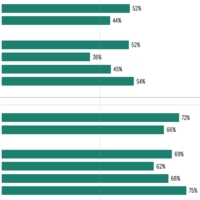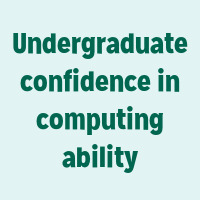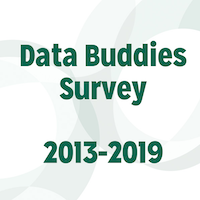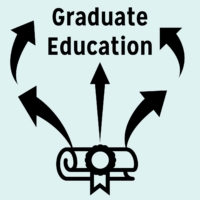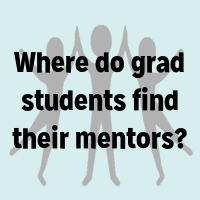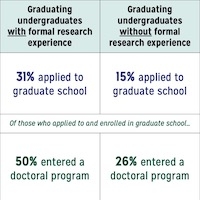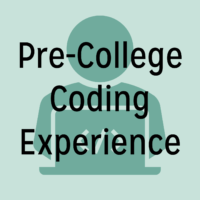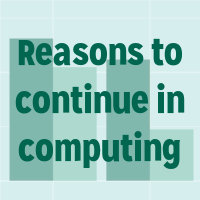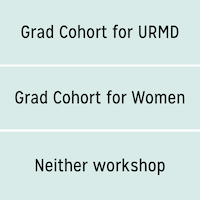
Women and Non-binary Gendered Computing Professionals Report Lower Confidence in Their Ability to Negotiate for Resources
Among non-student professionals in computing-related jobs, women and non-binary gendered survey respondents report lower confidence in their ability to negotiate for resources in their job. There were no statistically significant differences in survey respondents’ confidence to speak up about issues in meetings or with their supervisor.


